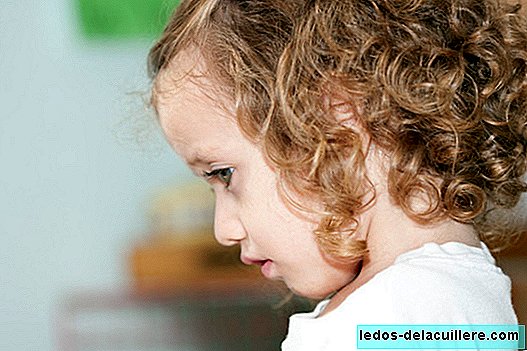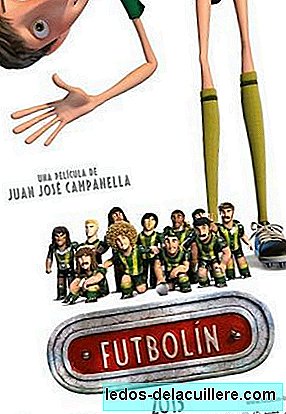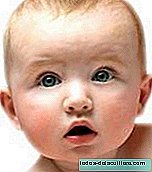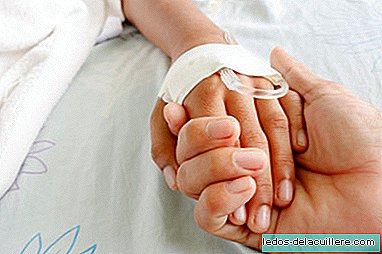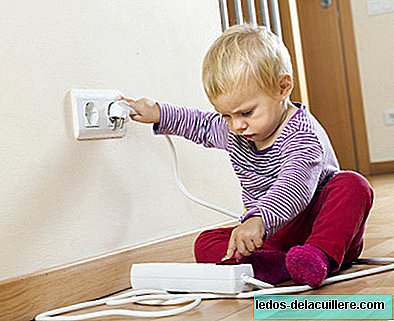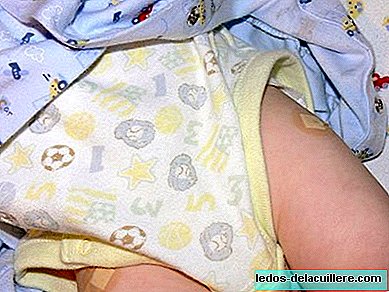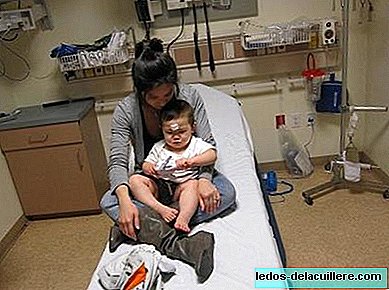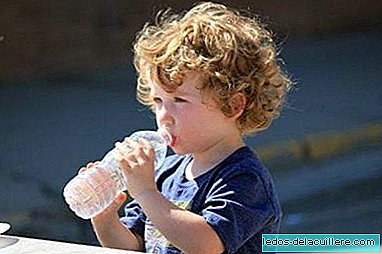
We start our Summer Special with children with a recommendation that you cannot ignore in summer: the importance of water consumption.
Why is it so important that children drink enough water, especially in summer? Because heat increases body temperature, which is regulated by sweat. When children (and adults) sweat they remove water through the pores, therefore it is necessary to replace that loss to avoid dehydration.
Dehydration is the excessive loss of body fluids. Babies and young children are more likely to suffer because the percentage of water in their body is higher and their balance is weaker. The thirst regulating centers are still maturing, and have a greater difficulty in addressing the need for water.
Therefore, it is essential to keep them constantly hydrated, even before they are thirsty, because feeling thirsty is a sign that the concentration of body fluids is already abnormal. Between one and two percent of body water has already been lost when we feel the need to drink water.
When drinking water, the concentration of minerals in the blood returns to normal. Water is an indispensable component in all body tissues, the human body is composed of 70 percent water, between 85 and 95 percent in the case of babies, so we must always keep them at healthy hydration levels.
How much water a child should drink
The amount of daily water a child should drink is between 50-60 ml per kilo of weight, that is to say half a liter of water for a 10 kg baby, for example.
Because of the rapidity with which children lose water, the ration is proportionally higher than that recommended for adults, who are advised to drink 35 ml per kilo of weight, between 8 and 10 glasses a day.
To maintain adequate hydration, experts recommend giving water, juices or dairy products every two hours to children between 0 and 3 years old.

The importance of water
In summer, water consumption is especially important because it is hot and liquids are lost more easily, but water It is not only necessary to quench thirst, but it has a vital role in the children's diet and also in the functioning of the human body.
It intervenes in the physiological processes of digestion, facilitating it, which is why it is so important to avoid constipation, a fairly common condition among the little ones.
In addition, water in the blood helps transport nutrients and energy to our body. Water is also responsible for filtering waste products from cells, which are then removed through the urine.
It helps regulate body temperature, thanks to it, adequate body temperature is maintained through complex mechanisms such as evaporation and sweating.
Breastfed babies do not need extra water
It is very common to offer water to breastfed babies, however there is no need to give them water.
Breast milk is made up of 88 percent water, and by itself, offered on demand, meets all the nutritional needs of the baby of less than six months who is fed exclusively with breast milk.
In the case of babies older than six months who are breastfed and have started complementary feeding, it is not necessary to give them water either, since breast milk, along with the liquid from fruits and vegetables is sufficient to meet daily needs .
Identify the symptoms of dehydration
From about the year on, the baby can tell us "Water" or later "I'm thirsty", but as we have said before it is advisable to offer them water every two hours to ensure that the body's water reserves are covered.
Anyway, it is interesting to know how to recognize the symptoms of dehydration to act accordingly. In dehydrated children we can observe:
Loss of about 5% of your weight for no apparent reason.
Sunken Fontanelles
Less frequent and dark colored urine.
Very dry and hard bowel movements.
Very dry and pale skin, sunken eyes and dry mouth.
Generalized tiredness
Photos | lindseygee and (be · holder) away for awhile on Flickr In Babies and more | Summer precautions: baby dehydration


